Peace and prosperity for people and our planet until 2030: This is the vision of 193 United Nations Member states who adopted the 2030 Agenda for Sustainable Development in 2015.
The agenda with 17 Sustainable Development Goals (SDGs) represents a new global understanding of prosperity and equity that goes beyond a limited concept of per capita income. It advocates for a major shift: transforming economies into systems of sustainable development which “leave no one behind”.
So far no country is close to meeting SDGS
Despite high ambitions at the adoption of the agenda, global development efforts have lost their initial momentum. Latest data on countries’ performance on the 17 SDGs demonstrate the difficulty of implementing deep transformation in the different areas of development.
No country is close to meeting the goals with alarming trends and significant gaps in many areas. For instance, in most OECD countries, economic growth still correlates with negative environmental impacts (SDG 14 and SDG 15) and trends on greenhouse gas emissions are not improving (SDG 13). Socio-economic spillover effects of high-income countries undermine other countries’ capacity to finance SDG-related programs (1). National commitments to leverage existing initiatives and stakeholder engagement (SDG 17) lack coordination across countries and are monitored in a fragmentary manner (2).
The complexity of the SDGs, the absence of tangible structural reforms, and an unclear distribution of responsibilities between different countries calls for more and stronger partnerships of a variety of actors.
However, political leadership is only one condition for inclusive and sustainable growth. Without support from companies, social partners and the civil society within a coordinated partnership, the long-term reorganisation necessary to achieve this goal will not be obtained.
Think tanks must be at the heart of partnerships
Space for innovative and global perspectives within future partnership frameworks are essential for the implementation of the SDGs. Non-state based think tanks can provide that space for future-oriented discussions.
As civil society entities, they benefit from a unique position, bringing together stakeholders from different sectors, generating and analysing reliable data from the grassroots and promoting evidence-based policy-making.
Since governments have not fully embraced the SDG agenda, many do not refer to the SDGs in their national budget (3). Think tanks can intervene to enhance public policy debates and contribute to the much-needed shift from rhetoric to action. Their interactions with policymakers and other stakeholders are crucial for the elaboration of recommendations along the 2030 Agenda.
Think tanks have to become do tanks
Knitting a community of experts who jointly aim to affect decision-makers and public opinion make think tanks a powerful mechanism to achieve SDGs, and one that is far from being fully exhausted.
Think thanks have the capacity to provide special expertise and insight on how to tackle specific challenges. They are agile actors across silos and can swiftly adapt to a changing environment. Most importantly, they can combine practice and theory. In fact, when they put the emphasis on greater engagement with practice, they turn from think tanks to do tanks. As such, they leverage the collective intelligence by addressing particular and challenging issues.
Their communication formats, such as workshops, round-table events or conferences provide the ideal space for case-focused discussions on cutting- edge solutions. An example is the upcoming conference on how Blockchain applications help the United Nations (UN) in attaining the SDGs, organised by the Geneva Macro Labs with the UN Joint Inspection. An example that shows how do tanks can streamline debates on the implementation of promising solutions at an international level.
Conclusion
Do tanks play a crucial role for accelerating efforts within the 2030 Agenda. They contribute to translating global needs and ambitions into tangible solutions for sustainable development as they allow the exploration of tomorrow’s world with a practical mindset. As agile actors, do tanks can respond to the complexity of the SDG-related challenges by enabling streamlined discussions with different stakeholders on selected solutions, at a national and international level.
- Sachs, J., Schmidt-Traub, G., Kroll, C., Lafortune, G., Fuller, G. (2019): Sustainable Development Report 2019. New York: Bertelsmann Stiftung and Sustainable Development Solutions Network. Online available: https://s3.amazonaws.com/sustainabledevelopment.report/2019/2019_sustaina ble_development_report.pdf
- Sachs et al. 2019: 7
- Sachs et al. 2019: viii
RENATE GÜNTHER, INP’16
Vice President Geneva Macro Labs, The Do Tank in Geneva
T +41 79 322 54 27
DR. MARIANNE SCHÖRLING
Head of Stakeholder Engagement Geneva Macro Labs, The Do Tank in Geneva


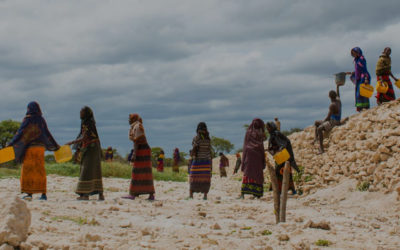
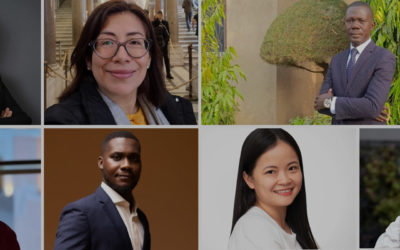
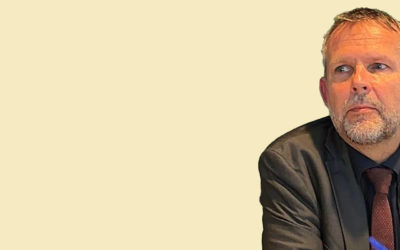
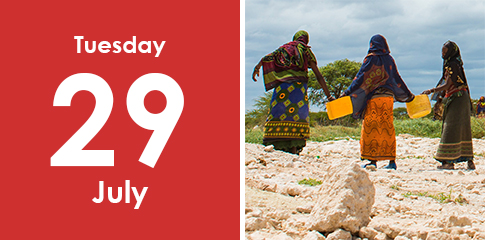

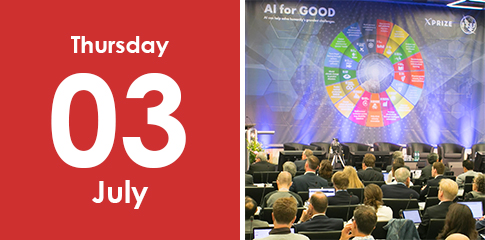

0 Comments